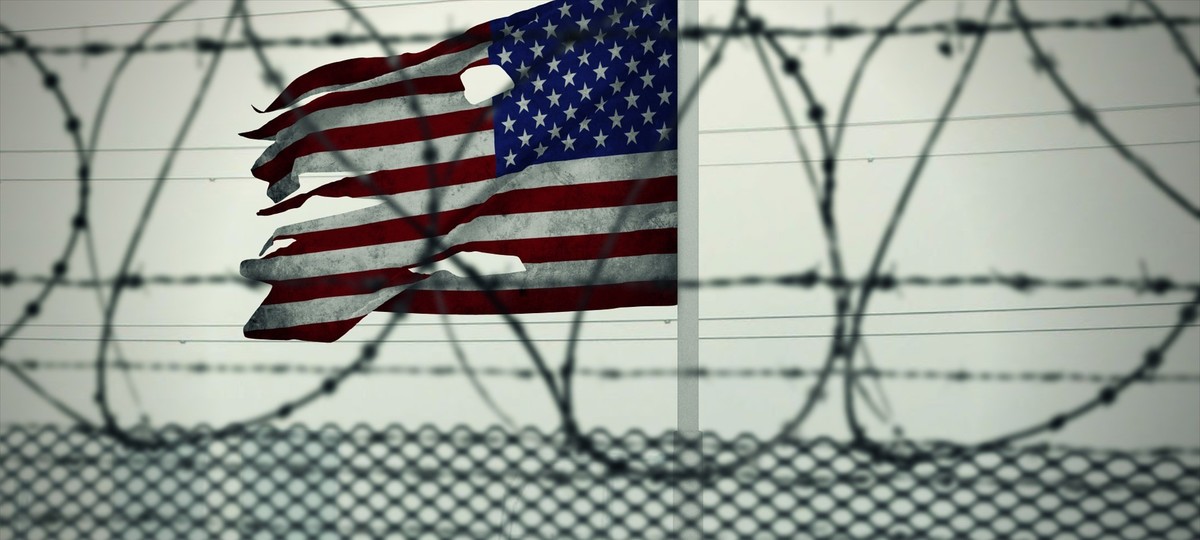Suggestions for This Difficult Time
Browse MoreDescription
Since we are all stuck at home for weeks, here are some suggestions to help you and help America.
Watch less news. Interview and opinion shows on TV and talk radio shows that add to one’s understanding of the situation can be valuable. But watching depressing, panic-inducing news about COVID-19 24/7 will only make you jittery, anxious and depressed. It’s good for the news networks’ ratings, but it’s bad for your mental health.
Instead, you can read, talk to friends, watch movies, learn a language, listen to music, start a journal, walk outside, garden or engage in hobbies. Do that project you’ve never had time to get to. In short, don’t preoccupy yourself with the virus. My wife and I watched a James Bond movie a few nights ago, and I loved the total escape it provided. And I’m getting more work done on the third volume of my Torah commentary (“The Rational Bible”) than I could have under normal circumstances.
Make sure to stay in touch via phone or video with anyone you know to be alone. For such people, social isolation is close to being in solitary confinement. After two weeks of you and them remaining asymptomatic, I would also suggest visiting such people or having them visit you. Being alone for weeks is likely to be much more hazardous to a person’s health than the relatively small possibility of contracting, let alone dying from, the new coronavirus.
Decide to be happy. As Lincoln said, “We are as happy as we decide to be.” You owe it to those living under house arrest with you — in fact, you are morally obligated — to be as easy to live with as possible during this miserable time. Calibrating your mood now, when it’s tough, will set a great example for your family that could pay big dividends in the future. I could imagine your kids saying decades hence, “Remember how our parent(s) stayed upbeat during the coronavirus scare?” What a wonderful legacy that would be.
If you have kids at home — from as early as fifth grade through graduate school — watch PragerU videos with them. They are all just five minutes long, highly educational and very entertaining. Professors from major universities of the Western world, four Pulitzer Prize winners, three former prime ministers and some of the finest minds in the world offer these courses. There are 400 such videos. They will engender spirited discussion and take your mind off the virus and quarantine. They are all free, so I have no hesitation recommending something I am affiliated with.
Order as many meals as possible from local restaurants. Most Americans will get their food from supermarkets. If you can afford it — and I suspect most readers of this column can — try to get most of your meals from a local restaurant through takeout orders. We need to do everything possible to keep local restaurants in business.
Order online items. During this quarantine, Americans are purchasing more and more items through the internet. Try to order from vendors other than Amazon as much as possible. The purpose is not to hurt Amazon; Amazon is a remarkable company. The purpose is to keep as many internet vendors in business as possible. It takes only an additional minute or two to order from another site.
Don’t look to food for too much comfort. As it is, most people will be moving around far less than normally. When that is added to a lot of junk food, the results will not be pretty. It’s been reported that sales of cookies and chips have gone up significantly in the last few weeks. The last thing you want to do now is weaken your immune system. Eat as healthy as you can. Getting some exercise is also important. Going for a walk every day is a good place to start.
King Solomon, the story goes, asked his wise men (in the ancient world, they emphasized wisdom; people today emphasize knowledge) to make him a magic ring. This ring would lift up his spirits if he got depressed and bring him back down to earth if he got euphoric. The wise men returned with a ring in which the Hebrew words “gam zu ya’avor” were inscribed: “This, too, shall pass.” Keep in mind that this awful period will pass. The human psyche is programmed to think that whatever is happening now — happy or sad — will go on indefinitely.
Nothing does.
Dennis Prager is a nationally syndicated radio talk-show host and columnist. His latest book, published by Regnery in May 2019, is “The Rational Bible,” a commentary on the book of Genesis. His film, “No Safe Spaces,” came to theaters fall 2019. He is the founder of Prager University and may be contacted at dennisprager.com.






Reviews
There are no reviews yet.